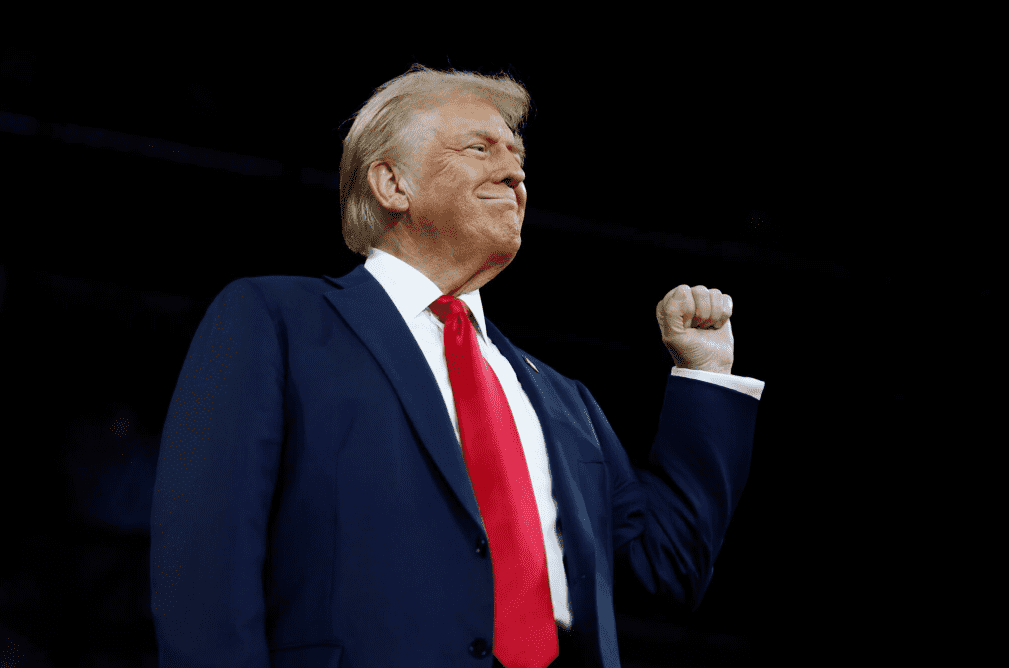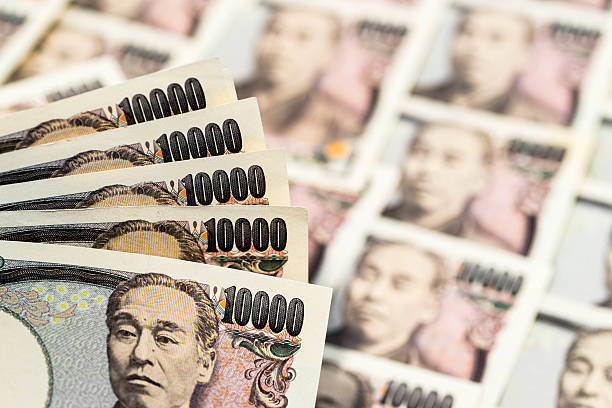China’s year-end bond supply set to shrink

The issuance of Chinese government bonds is likely to contract sharply by the end of the year, which should take some pressure off a market already stretched by investors’ move into stocks.
According to Bloomberg calculations, central and local authorities have only 16% — some 2.2 trillion yuan ($309 billion) — of their annual quota remaining, paving the way for the slackest fourth-quarter net supply since 2022.
Bond supply shrinks as Beijing front-loads issuance
The decline in issuance may help bring some balance and confidence to the bond markets, whose investors have become skittish with a proposal on the table to tax investment income and raise redemption fees for short-term funds. Yields betray the warning: The 10-year benchmark rate has risen 23 basis points this quarter, to roughly 1.88% as of Tuesday.
“The significant supply shrinkage ahead will benefit market sentiment and help curb the ascent in bond yields,” said Zhou Guannan, analyst at Huachuang Securities, who expects the 10-year yield to fall to 1.7% by year-end.
Beijing front-loaded much of its 2025 bond issuance to cushion a faltering economy, persistent property troubles, and escalating trade frictions following US tariff hikes. Bloomberg data show that bond sales in the first half of the year outpaced levels seen in the same period over the past three years.
Easing pressure offers relief to skittish investors
Officials say they favor a strategy of acting early, Finance Minister Lan Fo’an said this month, and wanted to seize the critical window,” and issue their policies decisively in one single action.
Bloomberg compiled data that show that local governments have already issued almost all of their 2 trillion yuan quotas for special refinancing bonds to replace off-balance-sheet debt.
Several pending deals are about to be completed, as the central government is scheduled to release its final tranche of 1.3 trillion yuan in ultra-long special sovereign bonds on Oct. 10, according to its published schedule.
As the “predictable supply from the special bonds concludes, the market is better able to absorb the remaining, more regular issuance,” said Wei Li, head of multi-asset investments at BNP Paribas Securities (China).
With supply expected to ease, Beijing may be able to expand debt programs and increase the bond quota — as it had done in recent years — if growth lags its target of about 5%.
However, economists are expecting only modest steps, as China has already pushed up its annual budget deficit to a decade high in response to lingering economic problems.
China’s fiscal strategy stands apart from global peers
Some investors are adjusting allocations. U-Shine Private Equity FD Mgt Co., which holds one of the biggest caches of 30-year sovereign notes, is gradually adding to its position as yields will slide on better supply dynamics and a potential rate cut, said Xu Yongbin, co-chief investment officer.
Market expectations for reduced bond supply stand in contrast to those of developed economies. In the US, Japan, and Europe, longer-dated bond yields have soared as investor concerns mount over fiscal sustainability and widening budget deficits.
According to BNP’s Li, China’s fiscal and supply outlook looks stronger than that of many developed markets, with the government taking a cautious approach that prioritizes optimizing existing funds instead of further expanding debt.
Get seen where it counts. Advertise in Cryptopolitan Research and reach crypto’s sharpest investors and builders.







